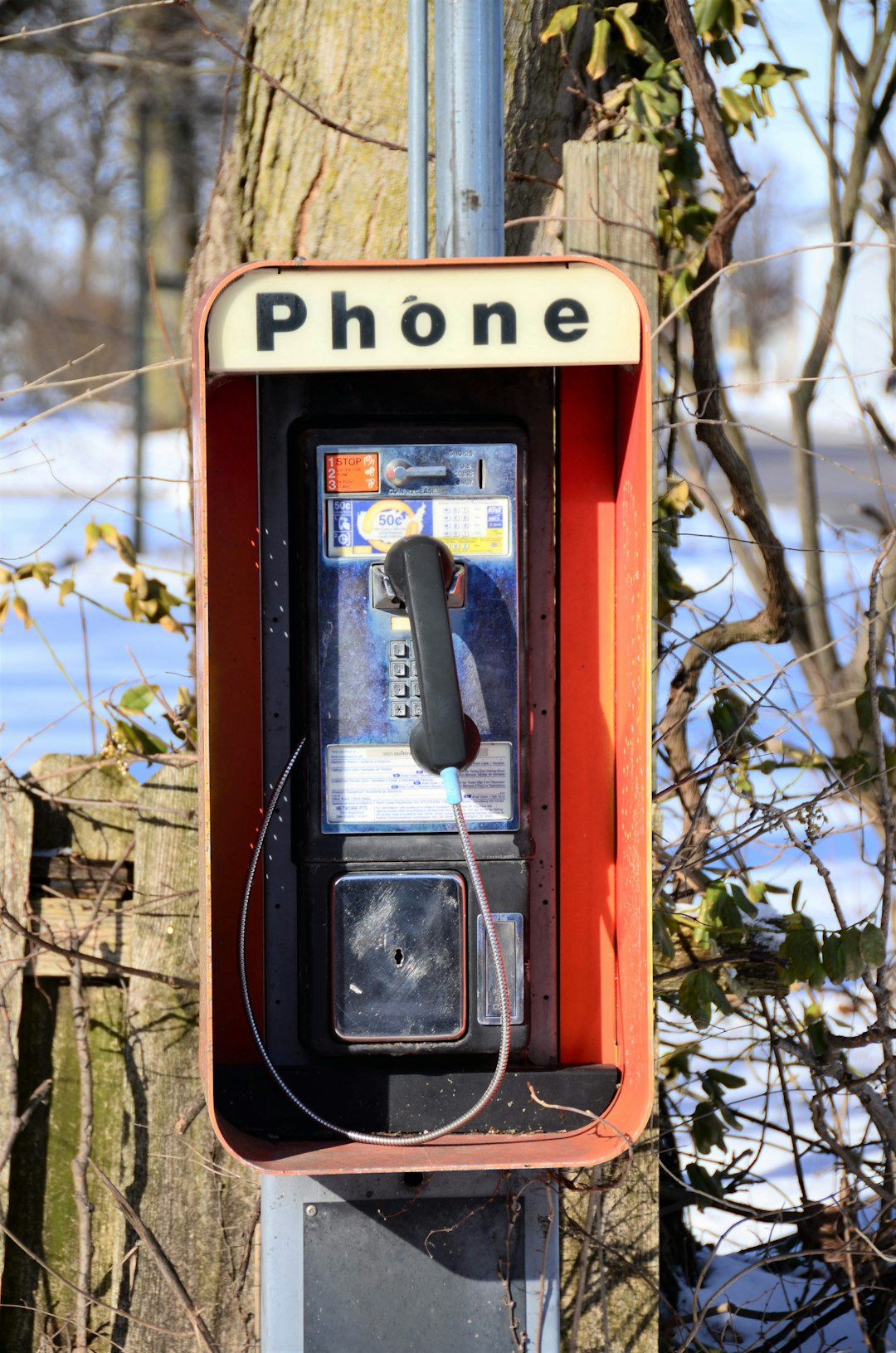In Maine, the "Do Not Call Act" strictly regulates telemarketing and sales calls, requiring prior express written consent (PEWC) from consumers. Businesses must draft clear, understandable consent forms and maintain meticulous records of consumer permissions. Consulting with a reputable Do Not Call Lawyer or Attorney in Maine is crucial for compliance, ensuring legal protection and avoiding penalties by implementing efficient opt-out procedures and staying updated on regulatory changes. Effective communication strategies, including straightforward opt-out instructions and multiple confirmation options, further protect both businesses and consumers from potential violations.
“Navigating the complexities of Maine’s Do Not Call Law requires a meticulous understanding of ‘Prior Express Written Consent’. This comprehensive guide aims to equip Maine’s business community with the knowledge needed to ensure compliance. We explore the legal intricacies from a do-not-call lawyer’s perspective, delving into key provisions, documentation best practices, and common challenges. Whether you’re a do-not-call attorney or seeking guidance, this article offers valuable insights for effective communication strategies, helping Maine businesses avoid misinterpretations of consent.”
Understanding Prior Express Written Consent: A Legal Perspective

Understanding Prior Express Written Consent is a cornerstone in navigating do not call cases in Maine. From a legal perspective, this means that before any telemarketing or sales calls are initiated, businesses must obtain explicit authorization from consumers through written consent. This written agreement should clearly outline the type of communications allowed, frequency, and duration. Such documentation serves as a shield for companies, ensuring they comply with state regulations and providing a clear framework for legal defense against potential do not call violations.
For Maine residents considering hiring a do not call lawyer or attorney, understanding this concept is vital. Engaging the services of a reputable do not call law firm in Maine can offer guidance on drafting and interpreting these consent forms. These legal experts can help protect individuals’ rights while ensuring businesses adhere to state laws, fostering a harmonious relationship between consumers and telemarketers.
The Maine Do Not Call Law: Key Provisions and Requirements

In Maine, the Do Not Call Law is a comprehensive legislation designed to protect residents from unsolicited telemarketing calls and sales pitches. This law, often referred to as the “Do Not Call Act,” imposes strict rules on businesses engaging in outbound telephone marketing activities. Key provisions include requiring companies to obtain prior express written consent (PEWC) from consumers before making direct marketing calls, with significant penalties for non-compliance.
Maine’s Do Not Call Law also specifies the content and format of the PEWC, ensuring it is clear, conspicuous, and easily understandable. Consumers have the right to revoke their consent at any time, and businesses must implement reasonable procedures to honor these opt-out requests promptly. A registered Maine do not call lawyer or attorney can guide individuals and law firms on navigating these requirements, ensuring compliance, and defending against potential legal issues related to telemarketing practices.
How to Document and Maintain Valid Consents in Maine

In Maine, documenting and maintaining valid prior express written consent is paramount for businesses and individuals to comply with Do Not Call laws. To ensure legality, consents should be meticulously recorded, detailing the date, time, method of obtaining consent (e.g., email, phone call), and the individual’s clear agreement to receive calls or messages. This documentation can include signed forms, digital records, or other evidence that clearly demonstrates informed consent.
Regularly reviewing and updating consent records is crucial. Maine Do Not Call laws require consents to be current and active. If a customer or contact person revokes their consent, it’s essential to update your records promptly and cease all related communication. Maintaining organized files or utilizing digital systems for consent management can help Maine businesses and attorneys stay compliant with the law, particularly when retaining a lawyer for Do Not Call issues or consulting with a Do not call attorney Maine.
Common Challenges in Interpreting Prior Consent and Their Solutions

Interpreting “Prior Express Written Consent” in Maine’s Do Not Call cases can be fraught with challenges. One common hurdle is the lack of standardized definitions and interpretations, leading to ambiguity. This often requires do not call lawyers Maine or do not call attorneys Maine to sift through case law and regulatory guidance, ensuring compliance with ever-evolving standards.
Another challenge arises from the variety of forms and methods used to obtain consent, making it difficult to verify its authenticity. Do not call law firms Maine address this by advocating for clear, straightforward consent forms and implementing robust verification processes. Regular training on privacy laws and ethical practices further equips do not call lawyers Maine and do not call attorneys Maine to navigate these complexities, ensuring client data protection and compliance with regulations, including those pertaining to do not call law firms Maine.
Strategies for Effective Communication: Avoiding Misinterpretations of Consent

In the context of Maine’s “Do Not Call” regulations, clear and effective communication is paramount to avoid misunderstandings about consent. Businesses often rely on automated systems or phone operators to deliver marketing messages, but these methods can be prone to misinterpretation when dealing with consumers who have opted out. A do-not-call lawyer in Maine can advise on the legal nuances of prior express written consent (PEWC), ensuring compliance and minimizing the risk of penalties.
To ensure PEWC is properly documented and understood, companies should employ strategies that promote transparency. This includes providing clear opt-out instructions on all communications, maintaining detailed records of consumer choices, and offering multiple ways for individuals to confirm their decision to opt out. By fostering open dialogue and confirming consent through various channels, businesses can reduce the likelihood of accidental or intentional violations, thereby protecting both their operations and consumers’ rights.






